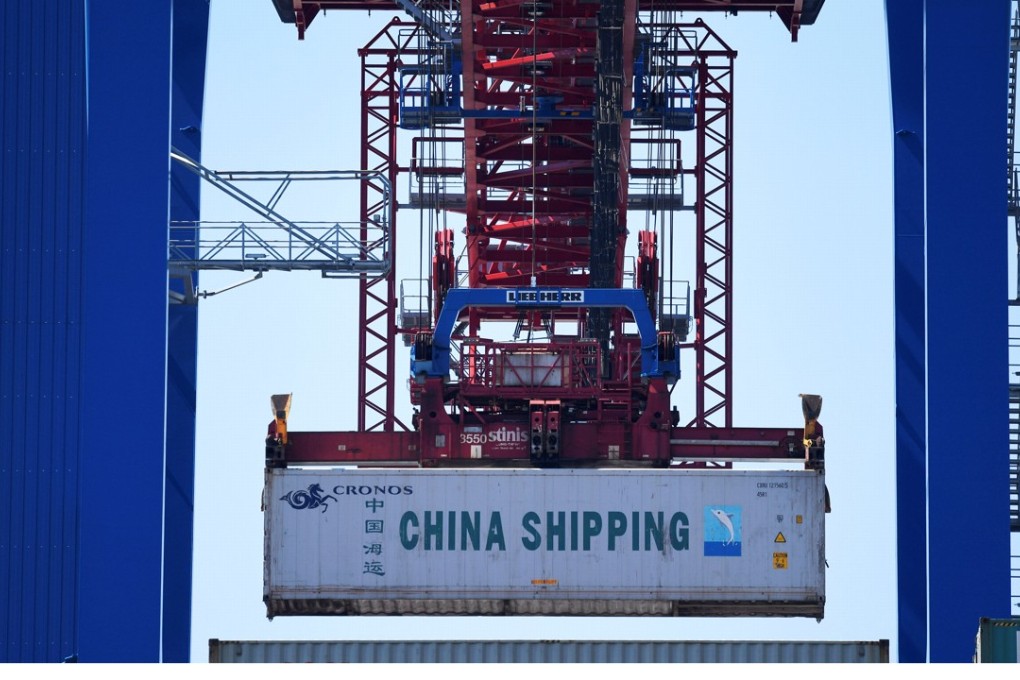To end the trade war, ‘China must deliver on its promises to reform and open up’
- Beijing has in recent years resisted opening up further despite the benefits it has brought over the past 40 years, former commerce ministry official says
- Government may announce more policies when leadership meets next month to celebrate 40th anniversary of reform and opening up, business leader says

China should fully commit to reform and opening up if it wants to resolve its trade tensions with the United States, while both sides should face the reality of their changing relationship, business leaders and diplomatic observers said.
Beijing’s dispute with Washington was not formed in one day and would not be easy to resolve, said He Ning, a former Chinese commerce ministry official dealing with US issues. But Beijing should reflect on whether it had truly delivered on the promises it made on joining the World Trade Organisation (WTO) in December 2001, he said at a forum organised by the Centre for China and Globalisation over the weekend in Sanya, in southern China’s Hainan province.
“Over the decades, our thoughts on reform and opening up should have been updated. The economic growth and better standards of living [achieved] should have provided very solid evidence [of the need] to continue with reforms and opening up,” he said.
But in fact, during internal government discussions in recent years on topics such as free-trade agreements there had been a resistance to further opening up. He said it reminded him of the situation almost two decades ago when Beijing was seeking to join the WTO and some officials were reluctant to open up the nation’s markets to the outside world.
“I’m a bit sad,” He said.
He’s assessment echoes the long-standing grievances of foreign firms operating in China, which have repeatedly accused the government of dragging its feet on easing market access and reforming state firms to provide a more level playing field. Their complaints have also been fuel for US President Donald Trump in the trade war.